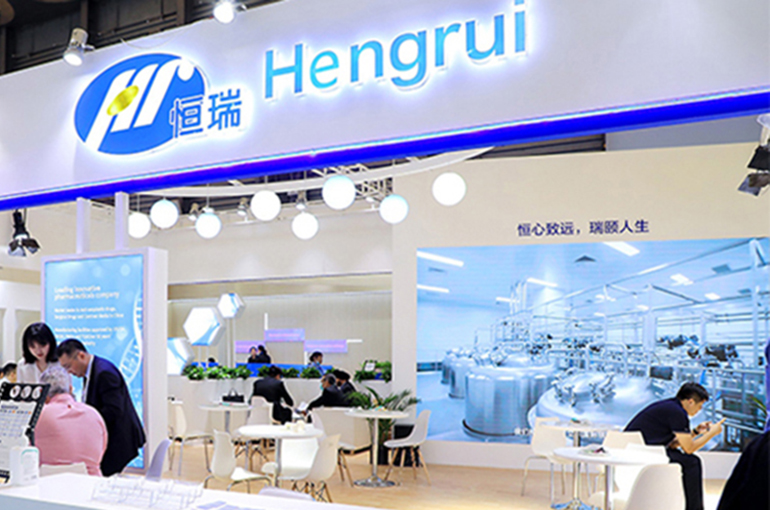Select Language:
Shares of Hengrui Pharmaceuticals declined despite the Chinese pharmaceutical company posting a 25% increase in profits during the first three quarters of the year, driven primarily by a substantial boost in revenue from licensing innovative drugs to international partners.
The stock fell 5.2% to CNY63.56 (approximately USD8.94) per share as of 1:45 p.m. in Shanghai. Its shares listed in Hong Kong also declined, dropping 5.8% to HKD75.10 (around USD9.67).
The company reported a net profit of CNY5.8 billion (about USD800 million) for the nine months ending September 30. Operating revenue experienced a 15% rise, reaching CNY23.2 billion (roughly USD3.3 billion) compared to the previous year.
Revenue from upfront payments made by overseas pharmaceutical companies for rights to the company’s innovative drugs in select markets surpassed USD800 million, representing over 20% of total income.
In the last quarter, the company signed three licensing agreements for new drugs. One notable deal was granting GSK exclusive global rights to a portfolio of early-stage drug candidates, a deal valued at up to USD12 billion, with an initial payment of USD500 million made in July.
Expanding into international markets independently requires significant investment, so licensing deals have become the main strategy for global expansion, explained the company’s R&D president during the 10th China BioMed Innovation and Investment Conference. He added that the company also needs funds to boost manufacturing capacity and enhance product quality.
However, licensing agreements are just the first step. The company also plans to support the global development of high-quality drugs independently, according to Zhang.
A dedicated team is actively exploring autonomous development of innovative drugs for overseas markets and is already conducting several international clinical trials. For certain potential drugs that show promising clinical value yet have not attracted overseas pharmaceutical interest, the company intends to leverage its Chinese clinical data to support international trial approval with relatively modest R&D investments.
While emphasizing steady progress in global independent development, Zhang acknowledged that setting a timeline for breakthroughs is challenging due to the many uncertainties associated with new drug development.
Research and development expenses totaled nearly CNY5 billion in the first nine months, with total investments exceeding CNY50 billion. Currently, over 100 innovative drugs are in clinical trials across the globe, with more than 400 trials underway worldwide.







